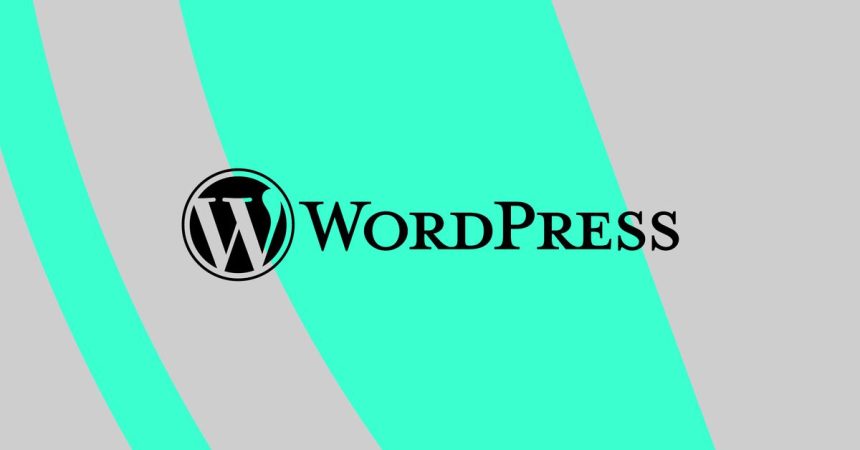The digital landscape of WordPress has been shaken by a recent legal battle between WP Engine, a prominent managed WordPress hosting provider, and Automattic, the parent company of WordPress.com and a significant contributor to the open-source WordPress.org software. A California District Court judge has granted a preliminary injunction against Automattic, ordering the company to cease actions that impede WP Engine’s access to WordPress.org resources and interfere with its plugin operations. This legal intervention stems from WP Engine’s allegations that Automattic engaged in practices aimed at disrupting its business relationships, causing irreparable harm, and negatively impacting the broader WordPress community.
The core of the dispute revolves around Automattic’s actions, which WP Engine claims were specifically targeted at undermining its business. Judge Araceli Martínez-Olguín, presiding over the case, found merit in WP Engine’s assertions that Automattic’s conduct was designed to induce breaches or disruptions in business relationships. Automattic’s defense, which argued that WP Engine’s reliance on WordPress.org for its business model was self-imposed and without contractual right, was deemed unconvincing by the judge. The court recognized Automattic’s role in exacerbating the harm to WP Engine through targeted actions, differentiating it from other competitors who were not subjected to similar treatment. This distinction highlights the specific nature of the dispute, suggesting that the conflict goes beyond a simple disagreement over resource usage.
The preliminary injunction mandates specific actions from Automattic to rectify the situation. One key requirement is the removal of a list of companies that Automattic had publicly displayed on a website designed to track WP Engine’s outgoing customers. This practice was viewed by the court as potentially damaging to WP Engine’s reputation and business relationships. Furthermore, Automattic must remove a checkbox implemented on WordPress.org that required users to verify their non-affiliation with WP Engine during login. This measure was seen as an undue burden on users and potentially disruptive to WP Engine’s operations. These mandated actions aim to restore a level playing field and prevent further harm to WP Engine while the legal proceedings continue.
The implications of this preliminary injunction extend beyond the immediate conflict between the two companies. The judge’s ruling acknowledges the potential harm to the broader WordPress community, emphasizing the interconnected nature of the WordPress ecosystem. The actions taken by Automattic, although targeted at WP Engine, could have ripple effects throughout the community, impacting developers, users, and the overall stability of the platform. The court’s intervention underscores the importance of maintaining fair competition and access to resources within the WordPress environment, recognizing the potential for disruptive practices to negatively impact the wider community.
The legal battle between WP Engine and Automattic sheds light on the complexities of the relationship between commercial entities operating within the open-source ecosystem of WordPress. While WordPress.org is open-source software, allowing anyone to use and modify it, the interplay between commercial interests and the principles of open-source collaboration can create friction. This case highlights the challenges of balancing the rights of individual companies to pursue their business objectives with the broader interests of the open-source community. The outcome of this legal dispute will likely have significant implications for the future of WordPress and how companies navigate the sometimes-murky waters of open-source commercialization.
The preliminary injunction granted in favor of WP Engine marks a significant development in this ongoing legal battle. While it does not represent a final judgment, it signifies the court’s recognition of the potential harm caused by Automattic’s actions. The removal of the customer tracking list and the login checkbox are initial steps towards mitigating the damage and restoring a more balanced environment. The ultimate resolution of this legal dispute will likely shape the future relationship between WP Engine and Automattic, and potentially influence how other companies interact within the WordPress ecosystem. The case underscores the importance of maintaining fair competition and upholding the principles of open-source collaboration to ensure the continued growth and prosperity of the WordPress community.



